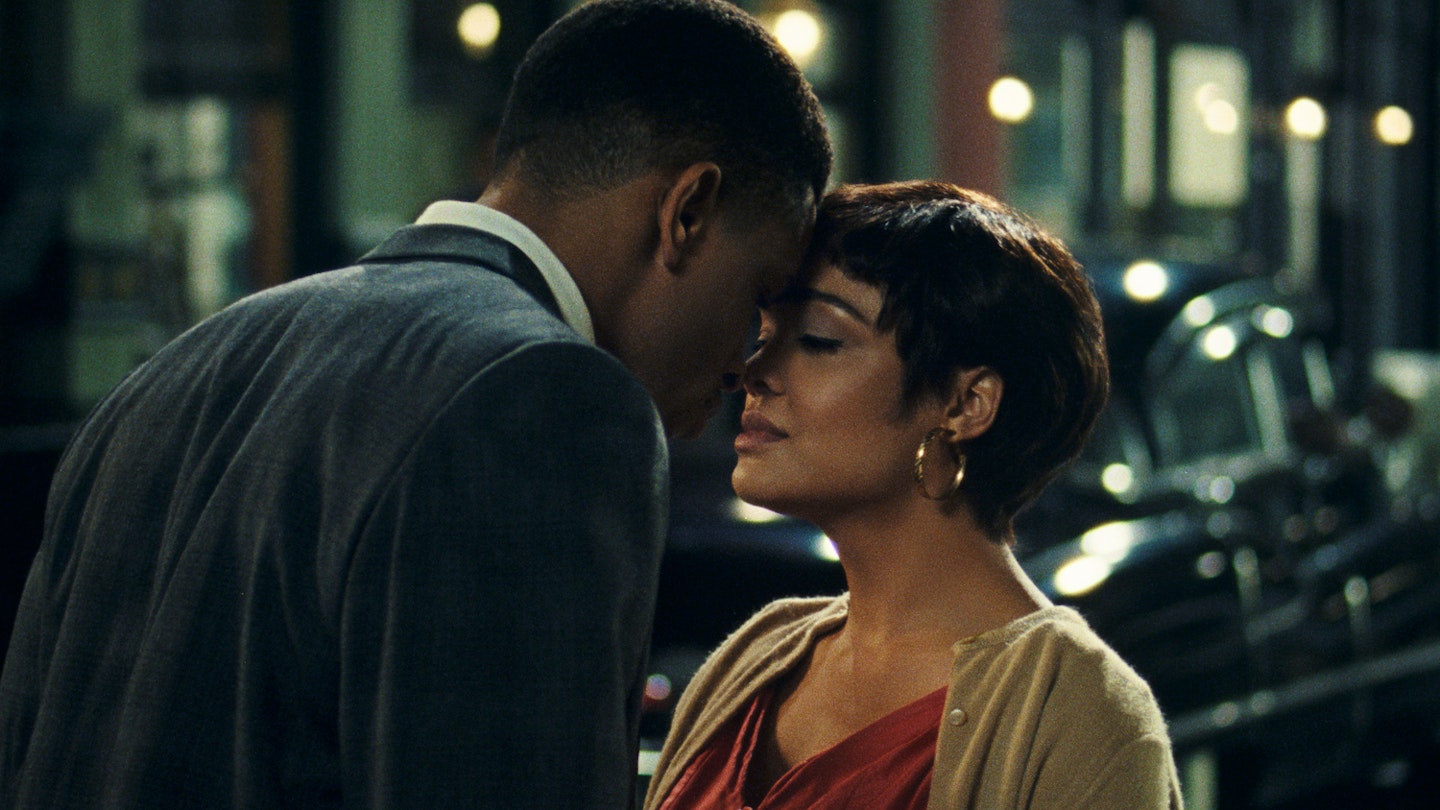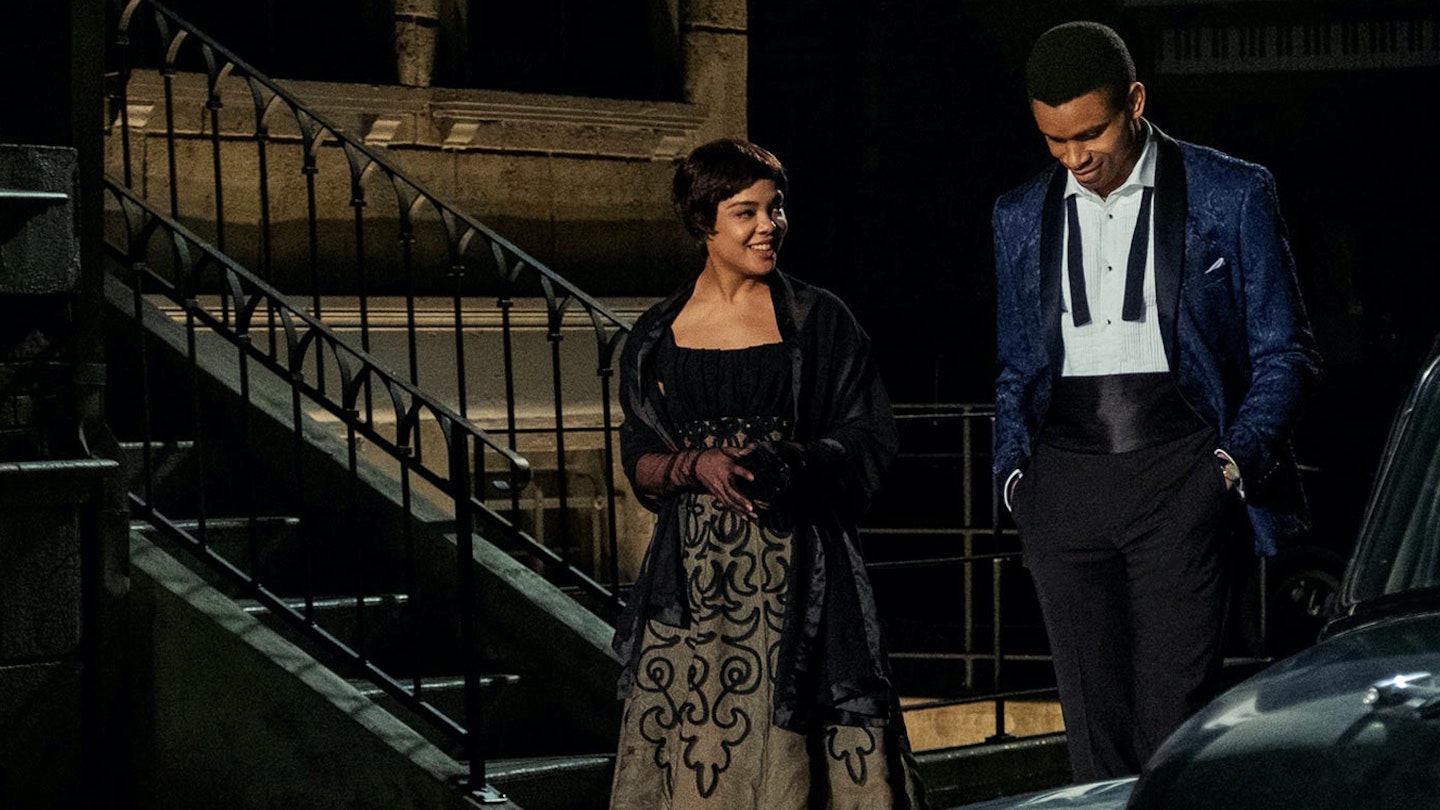A period drama with Black people at its centre is usually a guarantee that race and bigotry will be the dominant factors of the story. There is value in the *If Beale Street Could Talk*s and *Selma*s, of course, but it’s disheartening that there hasn’t been nearly as many movies set way back when that focus on Black characters pursuing love, happiness and career dreams. That’s a big reason why Sylvie’s Love — a charming sophomore effort from writer-director Eugene Ashe that puts the emphasis on a swoon-worthy romance to joyous effect — feels so refreshing.

The two star-crossed lovers in question are the titular Sylvie (Tessa Thompson) and Robert (Nnamdi Asomugha, likeably understated), a reserved but brilliant saxophonist in a jazz quartet. The latter gets a job at the record store where Sylvie works just to be near her, and their shared musical passions give way to cute flirtations that quickly blossom into something more. That we’re rooting for the couple from the outset even though Sylvie is technically engaged (a fact she oft-repeats) is a sign of the easy chemistry Asomugha and Thompson share.
Sylvie’s Love would make for an excellent double bill with La La Land.
Of all the obstacles placed in the relationship’s path, the push and pull between love and career is where Ashe’s screenplay finds the most potent drama, one of many reasons why Sylvie’s Love would make for an excellent double bill with La La Land. In what is a welcome bit of revisionism, the woman’s career is given just as much story importance as the man’s, which helps to reinforce the idea that the title doesn’t just refer to the men in Sylvie’s life, but to herself. The more she comes into her own, the more magnetic Thompson’s performance becomes.
She’s helped by some stunning costume design from Mad Men’s Phoenix Mellow, and similar can be said for Sylvie’s Love’s impressive aesthetics. In addition to being shot in lush 16mm, Mayne Berke Thompson’s production design has just the right amount of detail-oriented vintage, and the original jazz music written by Fabrice Lecomte meshes well with a soundtrack that includes Sam Cooke, Jackie Wilson, and Martha Reeves & The Vandellas.
There are, though, some familiar criticisms of romance stories: not only is this a narrative with few surprises en route to its conclusion, but some of the turns the story takes are farfetched and far too coincidental. It all contributes to a running time that ends up feeling a little longer than it should.
But there’s much more about Sylvie’s Love that feels radical. Although the bigotry of the era isn’t completely absent from the proceedings — a dinner party sequence features the film’s lone microaggression, while the campaigning for Civil Rights is represented by Aja Naomi King’s underused Mona — this is a period movie that puts Black love first and foremost. There’s value in that, too.
